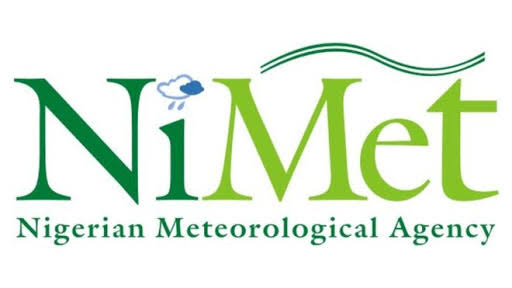
The Nigerian Meteorological Agency (NiMet) and the Food and Agriculture Organization (FAO) are strategizing on best weather and climate services models to adopt to mitigate the negative impact of weather to improve food security in the country.
Addressing the Media at the Headquarters of NiMet on Friday in Abuja, the Director General/CEO, of the agency, Prof. Mansur Bako Matazu, acknowledged that a virtual meeting with the FAO delegation underscores the overarching role of weather and climate in agriculture productivity.
The DG explained further that weather has profound influence on the growth, development and yields of crop, incidence of pests and diseases, water needs and fertilizer requirements as they are mainly dictated by weather patterns.
He said this necessitates NiMet’s annual Seasonal Rainfall Prediction (SRP) scientifically carried out with the view to help farmers, aviation players and other sectors of the economy incorporate weather and climate knowledge information into their plans to reduce loss and multiplier negative impacts.
Prof. Matazu, promised that NiMet is committed to continuous monitoring of developing weather patterns in order to update its partners of observable changes especially in farming activities as failure to do this will result in a backlash of food insecurity.
The DG, said: “FAO being the specialized agency of the UN that leads international efforts to defeat hunger. The two organizations’ collaboration is not far fetched due to their visions.
In a remark, Sworo Yopesi, the Emergency and resilience Programme Specialist of FAO stated that the organization has noticed evolutions of dry spells that could inhibit agriculture yields in some parts of the country, adding that this necessitated the urgent meeting with NiMet in order to synergize and arrive at a collective solution that could lead to timely dissemination of weather alerts to the affected regions impacted by the dry spells.
Recall that NiMet, had earlier predicted that seven Northern states will experience severe dry spells in June, it however noted that by July and August the dry spell would have improved and the affected states would be back to normal rainfall.
NiMet stated that adverse weather can disrupt food availability, reduce access to food and affect food quality, stressing that projected increase in temperatures, changes in rainfall pattern and increase in water availability may result in low agriculture yields as this can trigger food insecurity and hunger.